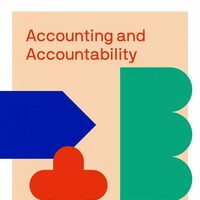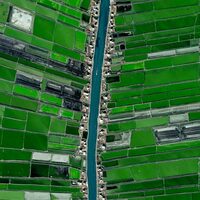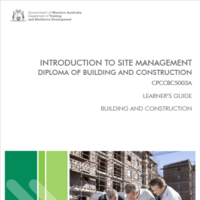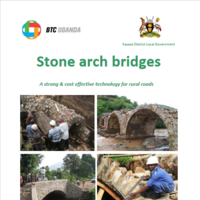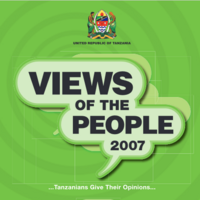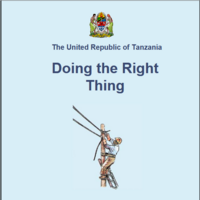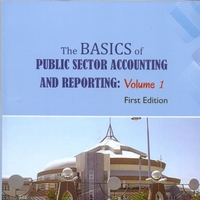Search
Books+
Searching 1,730 books
Search related to the career Surveyor
Responsibilities of a Surveyor:
1. Planning and Design:
- Assessing project requirements and objectives.
- Determining the scope and methodology of surveys.
- Developing survey plans and strategies.
2. Data Collection:
- Conducting fieldwork to collect accurate and reliable data.
- Using various surveying instruments and equipment.
- Taking measurements, recording observations, and capturing data.
3. Data Analysis:
- Processing and analyzing collected data using specialized software.
- Interpreting survey data and identifying patterns or trends.
- Generating reports, charts, and maps based on survey findings.
4. Boundary Determination:
- Identifying and establishing property boundaries.
- Conducting research and reviewing legal documents.
- Preparing boundary surveys and legal descriptions.
5. Construction Surveying:
- Setting out reference points and markers for construction projects.
- Monitoring and verifying the accuracy of construction work.
- Providing guidance and support to construction teams.
6. Geographic Information Systems (GIS):
- Integrating survey data into GIS databases.
- Creating and maintaining spatial data layers.
- Generating maps and visualizations for analysis and decision-making.
7. Quality Control and Assurance:
- Ensuring the accuracy and reliability of survey data.
- Conducting quality checks and audits on survey processes.
- Implementing corrective measures to address any discrepancies.
8. Communication and Collaboration:
- Collaborating with project managers, engineers, and other professionals.
- Presenting survey findings and recommendations to stakeholders.
- Providing technical expertise and guidance to clients and colleagues.
9. Compliance and Regulations:
- Adhering to relevant surveying laws, regulations, and standards.
- Staying updated on industry best practices and advancements.
- Ensuring ethical conduct and professional integrity in surveying activities.
10. Safety and Risk Management:
- Identifying potential hazards and risks associated with survey work.
- Implementing safety protocols and procedures.
- Promoting a safe working environment for surveying teams.
These responsibilities may vary depending on the specific field of surveying, such as land surveying, geodetic surveying, or hydrographic surveying.
Source: Various AI tools
Searched in English.

